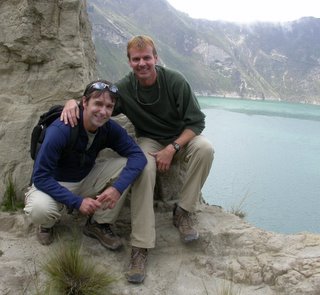book notes
Last Call: the Rise and Fall of Prohibition by Daniel Orkent
Daniel Okrent's Last Call revisits Prohibition. - By Johann Hari - Slate Magazine: "Many people understandably worry that legalization would cause a huge rise in drug use, but the facts suggest this isn't the case. Portugal decriminalized the personal possession of all drugs in 2001, and—as a study by Glenn Greenwald for the Cato Institute found—it had almost no effect at all.* Indeed, drug use fell a little among the young. Similarly, Okrent says the end of alcohol prohibition 'made it harder, not easier, to get a drink. ... Now there were closing hours and age limits, as well as a collection of geographic proscriptions that kept bars or package stores distant from schools, churches and hospitals.' People didn't drink much more. The only change was that they didn't have to turn to armed criminal gangs for it, and they didn't end up swigging poison."
Brewers and distillers broke of because the brewers thought the distillers were selling crap while the distillers thought the brewers were stoking prohibition with their saloons.
South shied away from prohibitionists before Civil War because of their association with abolition. Warmed to the prohibitionist after Civil War in part because they saw liquor as playing in what they viewed as Negro insubordination.
Klu Klux Klan new emphasis in the 20's against Catholics and Jews was a strategy to expand out of the South (highly successful)
Wet vs. Dry was also Urban vs. Rural, immigrants vs. nativists, ethnics vs. Northern European Protestants. Nativists made immigration quotas in 20's based on the 1890's Census and blocked Congressional redistricting based on 1920's Census -- which would have given urban ethnics proportional representation.
Daniel Okrent's Last Call revisits Prohibition. - By Johann Hari - Slate Magazine: "Many people understandably worry that legalization would cause a huge rise in drug use, but the facts suggest this isn't the case. Portugal decriminalized the personal possession of all drugs in 2001, and—as a study by Glenn Greenwald for the Cato Institute found—it had almost no effect at all.* Indeed, drug use fell a little among the young. Similarly, Okrent says the end of alcohol prohibition 'made it harder, not easier, to get a drink. ... Now there were closing hours and age limits, as well as a collection of geographic proscriptions that kept bars or package stores distant from schools, churches and hospitals.' People didn't drink much more. The only change was that they didn't have to turn to armed criminal gangs for it, and they didn't end up swigging poison."


<< Home